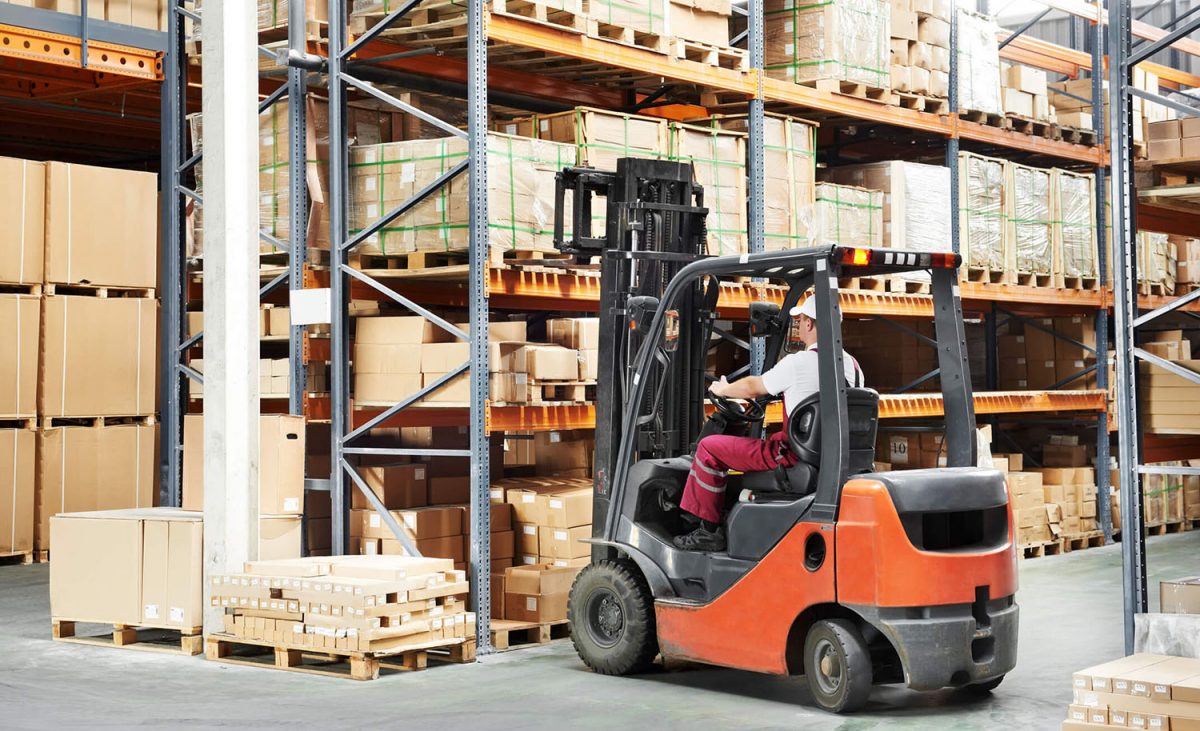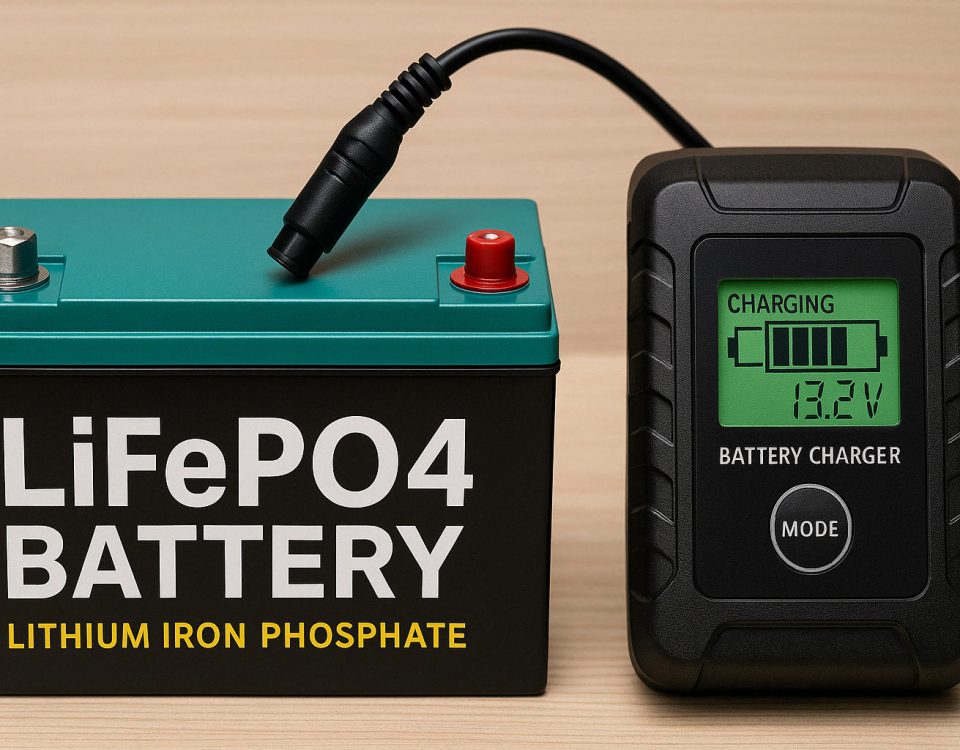In the fast-paced world of industrial operations, electric forklifts are crucial for efficient material handling. Central to the performance of these forklifts is the battery, which powers essential operations from lifting and transporting goods to navigating tight warehouse spaces. Understanding the factors that affect forklift battery lifespan and adopting best practices can prevent unexpected disruptions and costly replacements.
Types of Forklift Batteries and Their Average Lifespan
Forklift batteries come in various types, each with distinct characteristics and average lifespans:
Flooded Lead Acid Batteries These traditional batteries are widely used due to their affordability. They require regular maintenance, including checking and refilling water levels. On average, flooded lead-acid batteries last about 3-5 years.
Gel Batteries Gel batteries are sealed and maintenance-free, offering better performance in deep discharge situations. However, they are sensitive to charging conditions and typically last between 4-6 years.
Absorbed Glass Mat (AGM) Batteries AGM batteries are known for their durability and resistance to vibration, making them suitable for rugged forklift environments. They are also maintenance-free and can last approximately 5-7 years.
Lithium Batteries Though more costly, lithium forklift batteries are increasingly popular due to their extended lifespan, often reaching 10 years or more. They provide deeper discharge capabilities, are lightweight, and require no maintenance.
Introducing RICHYE RICHYE is a leading manufacturer of lithium batteries, offering a wide range of models that excel in quality, performance, safety, and cost-effectiveness. Our batteries are designed to meet diverse needs with unmatched reliability and are backed by our commitment to superior customer service. For inquiries or to explore our product offerings, please contact us for more details.
Factors Affecting Battery Lifespan
Several factors can influence how long your forklift battery lasts:
Charging Practices Proper charging is essential for battery longevity. Overcharging or undercharging can significantly reduce battery life. Utilizing a smart charger that adjusts the charge rate based on battery condition can help extend its lifespan.
Usage Patterns The frequency and depth of discharges affect battery longevity. Regular deep discharges can shorten the lifespan of lead-acid, gel, and AGM batteries, while lithium batteries generally handle deeper discharges better.
Temperature Extremes Extreme temperatures, both hot and cold, can adversely affect battery performance and lifespan. Keeping your battery in a climate-controlled environment can mitigate these effects and prolong its service life.
Maintenance Regular maintenance is vital, especially for flooded lead-acid batteries. This includes monitoring fluid levels and cleaning terminals to prevent corrosion, which can otherwise lead to performance issues.
Tips for Extending Your Forklift Battery’s Life
Routine Inspections Regularly check your battery for signs of wear, corrosion, or leakage. Ensure connections are tight and terminals are clean to prevent performance degradation.
Smart Charging Practices Use a smart charger that adapts the output to the battery’s needs and avoid leaving the battery in a discharged state for extended periods. This practice helps maintain optimal performance.
Proper Storage Store your battery in a cool, dry place when not in use. If the battery will be stored for an extended period, keep it charged and perform periodic top-ups to prevent degradation.
Avoid Deep Discharges Aim to keep the discharge level to no more than 50% for lead-acid batteries and 80% for lithium batteries before recharging. Avoid fully depleting the battery to maximize its lifespan.
Conclusion
The longevity of a forklift battery depends on its type, usage patterns, and maintenance. By understanding the different battery types and adhering to best practices, you can ensure that your forklift battery operates efficiently and reliably for years to come. Investing in regular maintenance and smart usage can save money, enhance performance, and reduce operational disruptions.
By choosing high-quality batteries like those from RICHYE and following these guidelines, you can significantly extend the life of your forklift battery, ensuring a smooth and productive operation.




